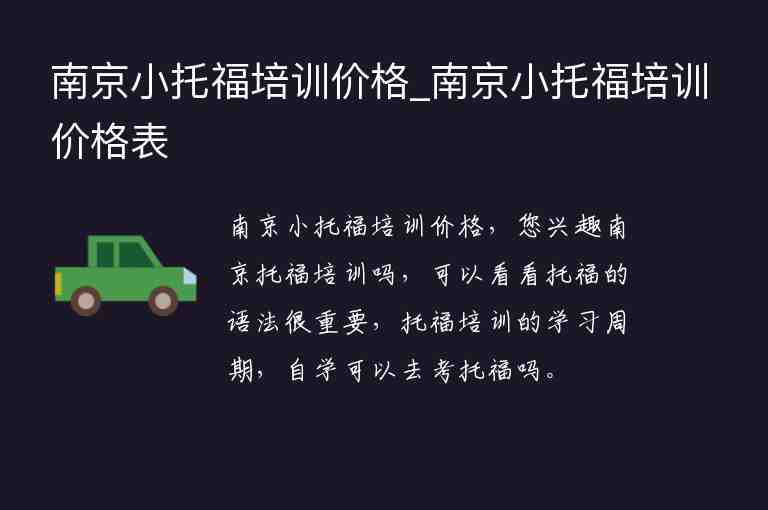扭转效应是指通过改变某种因素或者行为,从而产生与原本预期相反的结果的现象。通常情况下,我们认为某种因素会带来某种结果,但是在实际操作中却结果与预期相反。这种现象可以被称为扭转效应。
How to pronounce: [twɪst ɪˈfekt]
用法
扭转效应通常出现在人们的行为、决策或者社会影响方面。它可以是意外的、无意识的,也可以是有意识的。人们可能通过改变自己的行为来达到某种目的,但最终却产生了与自己预期相反的结果。
例句
1. The company's new marketing strategy had a twist effect, resulting in a decrease in sales instead of an increase.
这家公司新的营销策略产生了扭转效应,导致销售额下降而不是增加。
2. The government's efforts to reduce crime have had a twist effect, with crime rates actually increasing instead of decreasing.
减少犯罪活动的努力产生了扭转效应,实际上犯罪率反而增加了。
3. The scientist's experiment had an unexpected twist effect, showing results that were completely opposite to what was predicted.
科学家的实验产生了意想不到的扭转效应,结果完全与预期相反。
4. The social media campaign had a twist effect, with the intended message being misinterpreted and causing controversy.
社交媒体的宣传活动产生了扭转效应,原本想要传达的信息被错误解读,引发了争议。
5. The student's attempt to impress the teacher had a twist effect, as the teacher saw through their insincere behavior and gave them a lower grade.
学生想要给老师留下好印象,结果却产生了扭转效应,因为老师看穿了他们虚伪的行为,给了他们较低的分数。
同义词及用法
1. 逆向效应 (reverse effect)
2. 对立效应 (opposite effect)
3. 反向影响 (counter-effect)
4. 反作用 (reaction)
5. 倒果为因 (cause the opposite result)
编辑总结
扭转效应是一种常见的现象,在我们的日常生活和工作中经常会遇到。它提醒我们不能仅仅凭借直觉和假设就做出决策,而是需要更多的思考和考虑。同时,在遇到扭转效应时,我们也应该学会调整自己的行为和策略,以达到预期的结果。

